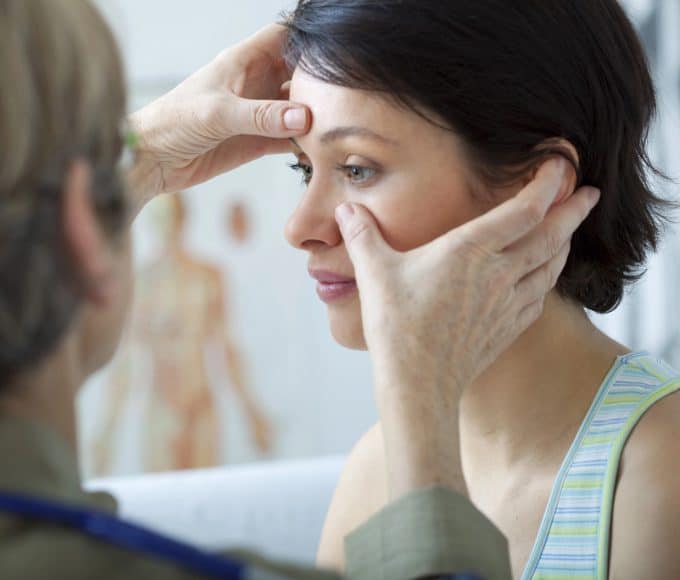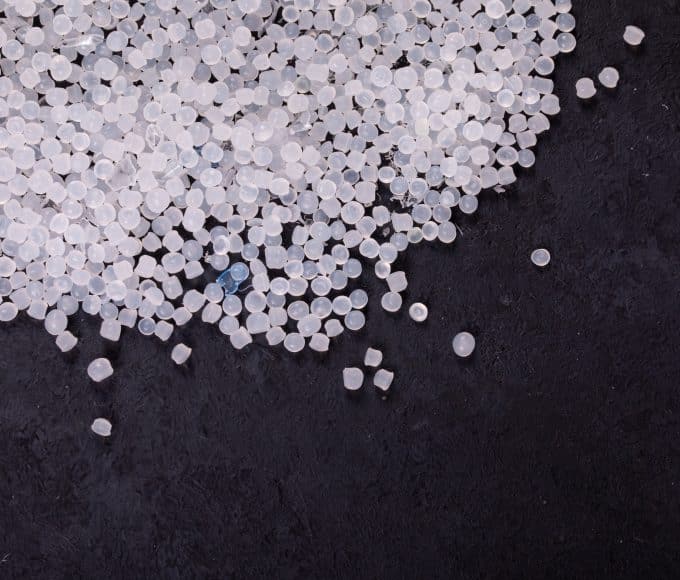 When you were a kid, your parents probably reminded you to brush your teeth often and not eat too much candy. They were concerned about your teeth and didn’t want you to get cavities – a potentially painful experience for both your teeth and your parents’ checkbook. Now that you are an adult, and you no longer consume Jolly Ranchers on a daily basis, you could still be at risk of developing cavities and other oral issues. If you drink wine, or beer or just about any other type of alcohol, you are bathing your teeth in sugar, just like you did when you were a candy-eating kid.
When you were a kid, your parents probably reminded you to brush your teeth often and not eat too much candy. They were concerned about your teeth and didn’t want you to get cavities – a potentially painful experience for both your teeth and your parents’ checkbook. Now that you are an adult, and you no longer consume Jolly Ranchers on a daily basis, you could still be at risk of developing cavities and other oral issues. If you drink wine, or beer or just about any other type of alcohol, you are bathing your teeth in sugar, just like you did when you were a candy-eating kid.
There is sugar in alcohol?
Yes and no. Wine and beer do contain sugar, so unless you are drinking pure or “hard” alcohol, which most of us are not, you are consuming “extra” sugar every time you have a beer, glass of wine, or a mixed drink containing juices or other sweet ingredients.
All these sugars can have a damaging effect on your pearly whites if you consume alcohol on a regular basis and do not brush and floss after a night of imbibing. Left unchecked, you could find yourself facing expensive and painful dental procedures without consuming a single piece of candy.
What can you do to minimize the effects alcohol on your teeth?
Brushing and flossing after consuming alcohol are the obvious answers to this question, but you can also be proactive while you are drinking as well. Between drinks, have a glass of water and swish it around like mouthwash. This will help increase your saliva flow and rinse away sugars left by the legal beverages.
Additionally, consuming water between glasses of wine or beer will help keep you hydrated and help you consume less alcohol – which of course, is imperative if you will be driving yourself home later in the evening.
As Katz & Phillips, P.A. states online, “Life can turn sour on a dime. A mistake or misstep, something you may wish you hadn’t done a second later, can have the potential of derailing the rest of your life.” This simple tip of drinking water between your alcoholic beverages can also help stop you from receiving a DUI, thus needing legal representation and having your life turn sour, quickly.
Are there sugar-free alcoholic drinks?
As noted, straight alcohol does not contain sugar or carbohydrates, for that matter. If you don’t mind the taste, try drinking gin, rum or vodka with lime or lemon for added flavor. If you opt to drink straight alcohol, though, be careful, because even though you’ve eliminated the sugar factor, most hard liquors are 35 to 50 percent alcohol content. This is much more dangerous if you are driving a vehicle because you would be consuming more alcohol than if you were drinking mixed drinks, wine or beer.
The key to alcohol consumption – for your teeth and for many other health and safety reasons – is moderation. The best way to protect your teeth from cavities and to protect yourself from a hangover and other unpleasant effects drinking too much is to not drink at all. But, if you do, pace yourself, and brush your teeth before hitting the pillow.
Jennifer Alston knows that there are several alcohols that contain sugar, and that they aid the tooth decaying process in addition to putting people in danger for receiving DUI’s. She researched Katz & Phillips, P.A., criminal defense attorneys, for more information about fighting convictions due to having a small amount of alcohol in your system.












